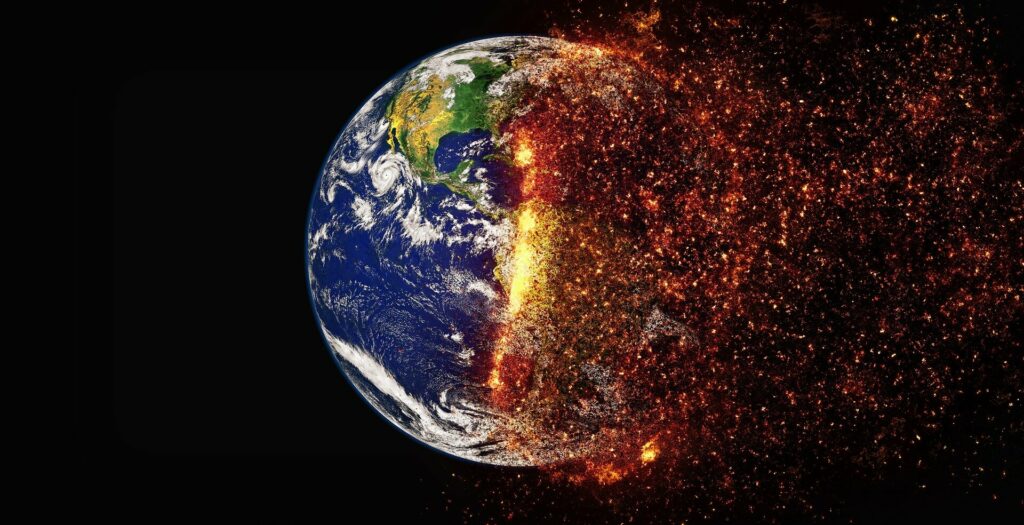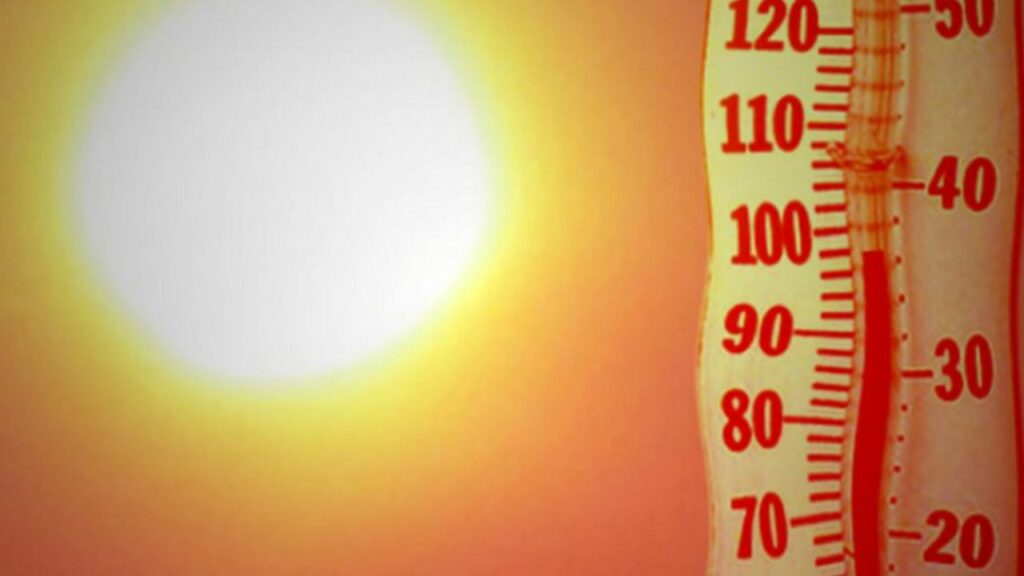When you start wading into the climate science issue you soon learn that (a) the surface temperature record around the world has lots of flaws, (b) warming is often an artifact of recent adjustments, and (c) there are better ways to measure air temperatures. After NASA’s James Hansen kicked off the global warming alarm with his 1988 Senate testimony, some of his fellow climatologists worried about the poor quality of the surface data, to which a couple of NASA scientists responded that microwave energy measurements collected by satellites since 1979 might be used to reconstruct a global air temperature record. John Christy and Roy Spencer then figured out how to do it and created the world’s first truly global temperature data set. Spencer recently re-told the story about its early days and the hurdles they faced, including managing giant data archives stored on magnetic tape. But their scientific challenges paled in comparison to their political problem: Their data wasn’t showing the warming their NASA bosses demanded.
At the time NASA was in the process of pitching a lavish climate-related project to Congress in order to win new funding. Spencer writes:
As the years went by, we would learn that the lack of substantial warming in the satellite data was probably hurting NASA’s selling of ‘Mission to Planet Earth’ to Congress. The bigger the perceived problem, the more money a government agency can extract from Congress to research the problem. At one point a NASA HQ manager would end up yelling at us in frustration for hurting the effort.
The satellite data set still doesn’t show the warming projected by climate models. Neither does the weather balloon record, for that matter. Which is why, after a short interval of being feted by the science establishment for their remarkable achievement, Spencer and Christy gradually found themselves being ostracized by NASA and the climate establishment and publicly harassed for pointing these things out.
Fortunately Spencer concludes his history by saying that neither he nor John Christy have any plans to retire or stop producing their data set. So we will still have access to these crucial numbers for a while yet.


